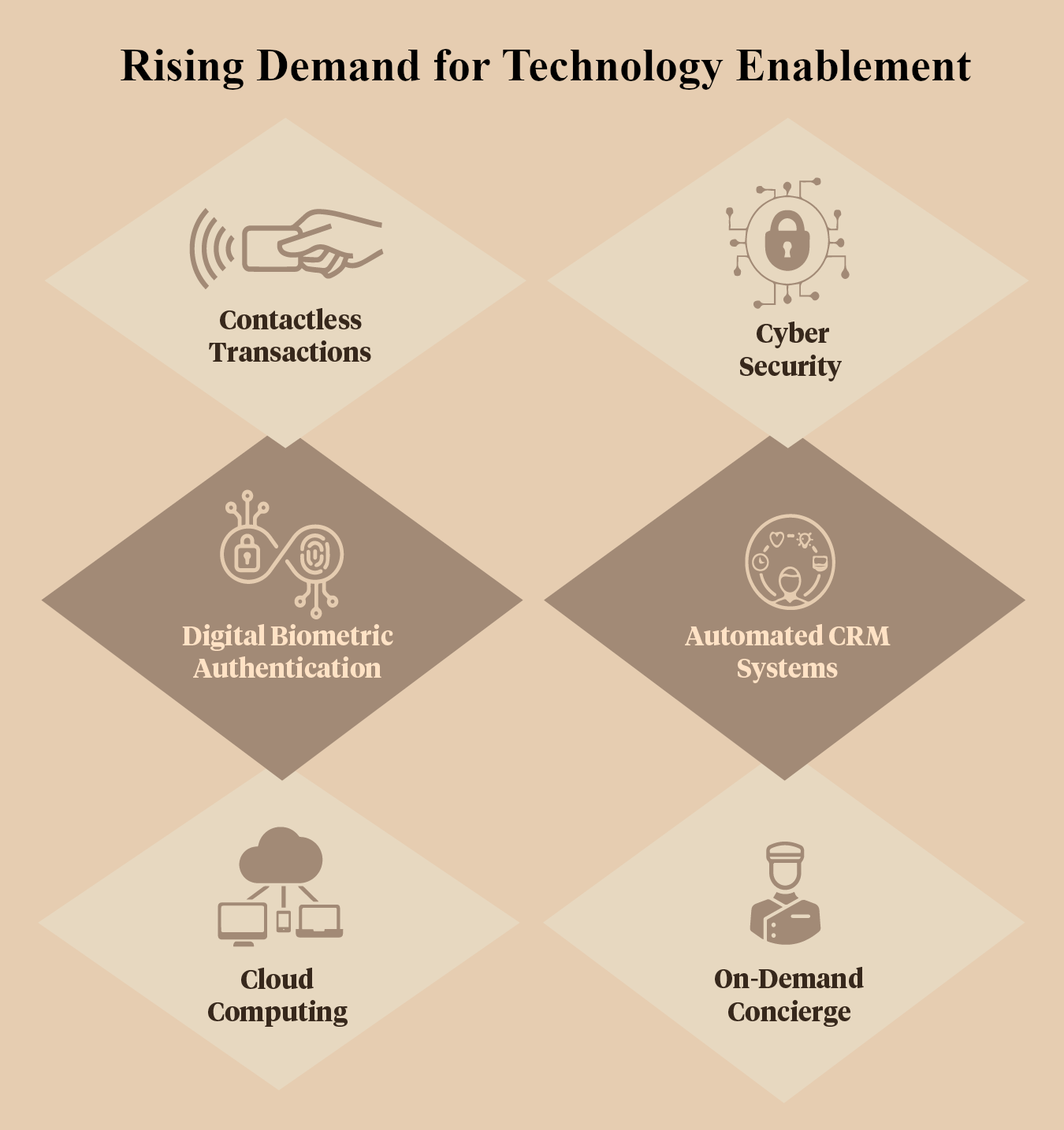Turbocharged Automation, Digitisation and IoT
Real estate sectors that are actively using technology to engage end-users and optimise business processes.
2 minutes to read
The real estate industry has been making strides towards digitising processes in creative ways. But the window of preparation for a digital and automated world is shrinking for real estate leaders. Technology enablement will be at the forefront of driving the real estate industry into the new age.
With the rise of online transactions, companies need to operate on the assumption that the contactless economy will become a mainstay in every sector, even in the absence of pandemics and physical distancing measures. User expectations increase with every digital innovation, and service providers that offer differentiated experiences will stay ahead of the curve.
Businesses that marry a well-thought-out user experience across all its customer touchpoints will enjoy guaranteed results in the form of superior loyalty and the option to create new revenue opportunities via constant engagement with end-users.
In residential real estate, property developers and agency brokers continue to invest heavily into platforms that enable virtual experiences to help property purchasers find the right space for themselves – virtual open houses, augmented reality and personalised selling.
Project sales and marketing personnel are challenged with adopting automated, omnichannel, re-targeted ads to drive lead generation efforts and engage homebuyers.
Additionally, the need for virtual will fast-track the official regulation and adoption of digital signatures in all legal real estate documentation.

For retailers and mall operators affected by physical restrictions during market lockdowns, the creation of differentiated shopping experience gave rise to sales and marketing automation, as well as “retail digitainment”.
Asset management and building and facilities management necessitate a suite of digital products – mobile concierge services, virtual communities, contactless access for residents, guests and maintenance staff – to continue serving the needs of residents and tenants, regardless of social distancing measures.
The bigger opportunity, however, may be in B2B applications, especially in the Internet-of-Things (IoT). In supply chain and inventory management, data-sharing improves collaboration among manufacturers and suppliers, and the conduct of regular maintenance. IoT allows companies to implement solutions remotely with reduced manpower and overheads, while granting analytics that provide deeper insights into customers and business capacities.